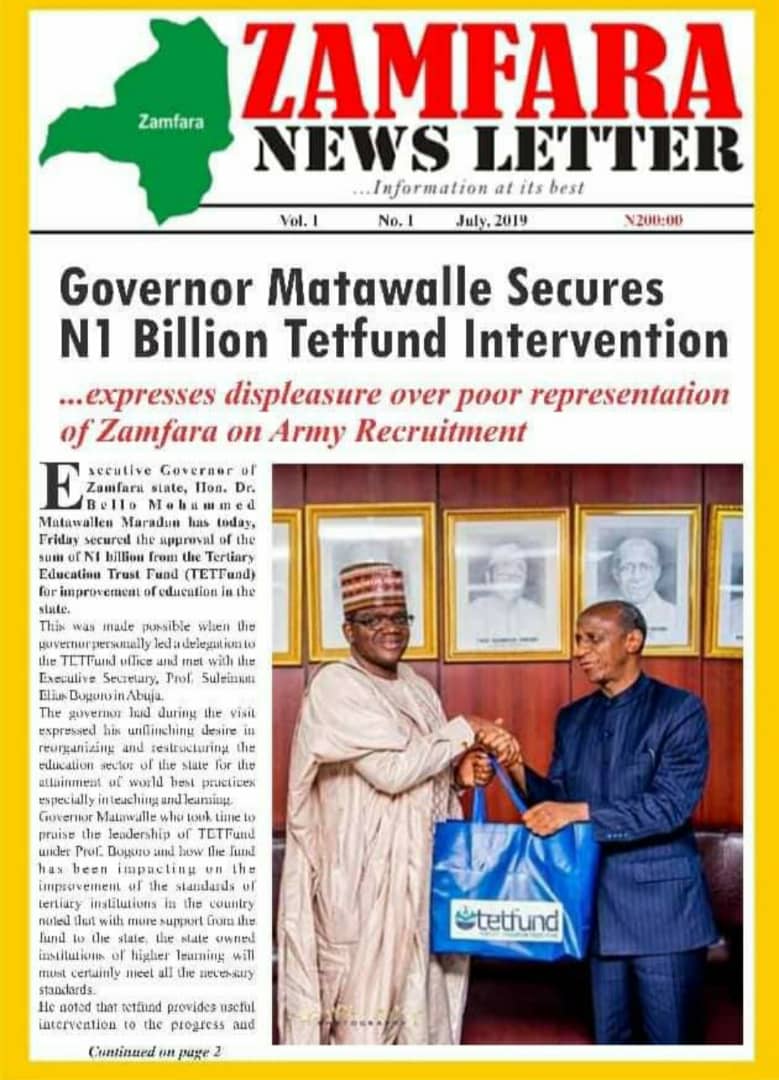Humanity is special. It knows no barriers. It has no colour, religion or political affiliation. It does not give interpretation to political philosophies neither does it give it consideration. Humanity has no apology for hypothetical theories, except humility and love for mankind.
The love for humanity, is more real, in the coastal fishing communities of Ibeju-Lekki, in Lagos, Nigeria. The seat of government ofcourse is at Alausa, Ikeja, Lagos and the federal government is controlled from chamber houses and political halls and corridors at the federal capital territory in Abuja.
Here in the coastal communities, the presence of federal, state and local governments are here, the military, the navy, policemen and so on. Security in this area is top notch. Moreso with the federal and state interest in the development of the area, especially the free trade zone.
But the lifestyle of the locals is exceptionally very traditional, devoid of the esthetics of the cosmopolitan norms and expectations of modern city life. You can call the lifestyle here, “village life” or a similar nomenclature that can explain or interpret your definition.
But the simple truth is that, the lifestyle of the people in these coastal communities is exemplary and note worthy of emulation. They simply live in love.
Yes, they may be referred to as rural coastal communities, strained by little purchasing power and lacking in the luxury of life. But what they have, is in abundance. They have fish and they have love.
Joshua Josayo is Ghanaian. Like most of those who live in riverine or coastal areas of Africa, Joshua the Ghanaian has been a fisherman most part of his life. For decades, he has been trading his profession across the edges of the Atlantic ocean, with small boats floating on the ocean with the strength of a 32 or 40 hose power engines or just a little more, hunting for fishes in Nigeria.
But being a Ghanaian is by the side and irrelevant in this fishing community. He is not seen as a foreigner. He and his family extension are part and parcel of the community. They are seen as brothers and sisters and relate as one. No political affiliation, no social inhibitions, no religious intimidation, no class sentiments, just a community of people with care and love for humanity, love for one another.
When Joshua goes out fishing. The task is enormous. And hauling a huge size of fishes usually caught by Joshua’s kind of net, requires about 30 persons to drag the massive net out of the ocean.
Here, Joshua relies on humanity for assistance, a collective effort of passers-by, some handy members of the community, who maybe around and less busy, to help him pull out his bountiful sized fishes. The members of the community are not compelled to help him, no written law to force them to join him, no government official to tell them to assist him, but they do so out of humanity.
The hauling of the huge sized net out of the water, is a ceremony on its own. It comes with singing of African songs, lyrics only known to the fishermen and the locals. The rhythms of the songs flows in symphony and harmony to the movement of those involved in the exercise of pulling the long fat ropes, that eventually brings in the fishes to the shore.
The songs are very African. Listening deeply, one could feel and sense the songs tell stories of the fishing experiences of the people or some part of their history and interaction with sailors from different lands that may date back over centuries. The songs are also laced with the sounds of a whistle which is reserved for the elderly among them to use to coordinate the pulling exercise.
At this moment, those working to drag the fish haul to the shore, are fully united in service to feed the community. Even Joshua the Ghanaian, a supposed businessman, is waiting to uphold an unwritten agreement, to share his business reward with the community on a ratio of 9 for himself, 1 for the community. So, when he is assisted to haul in 10,000 fishes, he gives out 1000 fishes to the community and sells off the remaining at a reasonable price to the traders within the community on a wholesale price, who then take it out to retail in major markets.
From the beginning to the end of the fishing task, one can feel the warmth among the people and even at moments of haggling of prices, it is done with compassion, taking into cognisance of care and love for the needy amongst them. Fishes are given freely to those who can’t afford to buy, at least in reasonable portion.
The fishermen have a good rapport with the traditional ruler who also interfaces with them.
Joshua tells us more, “we set out to the ocean in our boats at 5am. Fishing is mostly done during the day, because that’s when the big fishes can be caught. However, fishing is also done at 1am for crayfish!”
For Joshua, all aspects of fishing is done here in this community. And fishes caught here, are eaten and sold here. But once in a long while, having lived here since 2005, he goes to Ghana in his fishing boat to go and see his people on the other side of the ocean. His family is more extended now. He’s a proper Ghanaian when he is in Ghana, but in Nigeria, he is accepted among the Ilajes, the Aworis and other members of the tribes that live in the riverine and coastal communities, who make up their lifelihood through the natural endowments of their environment.
Once in a while, the fishermen and the community have the rare opportunity of having their urbane neighbour visit them at work. At such moments, the fishermen are glad, and put in a show to impress the visitors.
This particular morning, the fishermen welcome Tourism Icon, Otunba Olawanle Akinboboye. Engrossed in their work, he is given space to join in the exercise of hauling the fishes, out of the Atlantic ocean, to the shore, just like any member of the community.
A humble down to earth man, ignoring pride, social class and status, the tourism Icon, join in the hauling of the fishes to shore. An exercise that lasts over an hour, sapping energy and demanding much stamina.
For Otunba Olawanle Akinboboye, the Founder of La Campagne Tropicana Beach Resort, at Ibeju-Lekki, Lagos, Nigeria, it is another fun day of tourism outing. Having lived on the shores of the Atlantic ocean for about 40 years, Akinboboye himself in a way, is a walking encyclopedia of the weather, colour, nature and mannerisms of this ocean and community.
His participation in the whole exercise is not strange to the fishermen and the locals. Though revered, and his humility touching, he is still seen as one of them and accorded his due respect. In a way, they are also happy, to have him around because that also interprets to ample refreshments after the hard labour just concluded.
For me, it has been a day of lessons. Very humbling lessons. A communal African lifestyle is indeed a treasure even in today’s modern world. Good as capitalism is, it may never present mankind the needed peace and harmony. African nature is simple and its woven around a communal lifestyle. The simple people in life are much more ready to share even the little they have, and rarely bothered about great wealth and riches. Complicated as the world seems to be, pockets of communities, still enjoy a life, devoid of politics, great empty speeches and grandiose of world capitalism. To these simple people, humanity has no colour, religion or political affiliation.











.jpeg)



.jpeg)

0 Comments